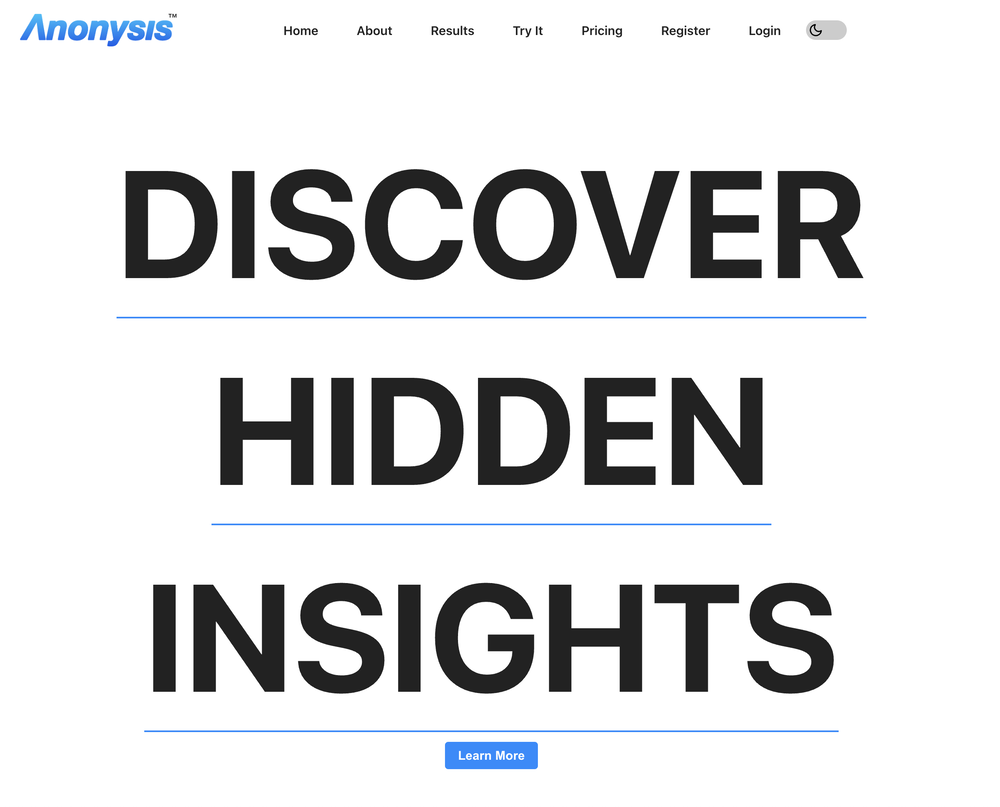Can the digital veil truly conceal the depths of depravity, and does the anonymity of the internet embolden those who traffic in the shadows? The disturbing reality is that online platforms, once envisioned as spaces of connection and information, have become breeding grounds for exploitation, particularly the heinous practice of bestiality, and the site "Alyzoo" stands as a prime example of this moral decay.
The digital landscape, vast and often unregulated, allows for the proliferation of content that would be unthinkable in the physical world. The website, "Alyzoo," is alleged to be a repository for videos depicting animal sexual abuse, a category of content that is not only morally reprehensible but also illegal in many jurisdictions. This exploitation of both animals and, according to claims, adult women, who are allegedly over the age of 18, highlights a disturbing trend: the normalization of harmful and often criminal acts under the guise of freedom of expression or, worse, for financial gain.
The alleged activities of "Alyzoo" and similar platforms represent a grave threat to societal values. The dissemination of such content contributes to the desensitization of individuals to animal cruelty, potentially leading to an increase in real-world instances of abuse. Moreover, the involvement of individuals in the production and distribution of these materials is a clear indicator of the corruption of the human spirit, driven by the pursuit of a dark and twisted gratification. It is not just about the images; it is about the mindset of the creators, the distributors, and the consumers who fuel this underground industry of suffering.
Given the nature of the allegations, compiling biographical data directly on an individual connected with "Alyzoo" would be irresponsible and potentially harmful. Providing such information could inadvertently contribute to the further spread of potentially illegal and exploitative content. However, a table can be crafted to highlight the general risks of such platforms and the importance of safe internet practices.
| Risk Factor | Description | Mitigation |
|---|---|---|
| Bestiality Content | The core focus of "Alyzoo" (as alleged) revolves around videos depicting bestiality, which is illegal and deeply disturbing. | Report any instances of illegal content to law enforcement authorities and relevant online platform administrators. Block and avoid websites that promote such content. |
| Exploitation of Animals | Animal abuse is inherent in bestiality. Animals are subjected to sexual acts against their will. | Support animal welfare organizations. Advocate for stricter laws against animal cruelty and online platforms. |
| Potential for Illegal Activity | The creation, distribution, and consumption of bestiality content can be classified as criminal offenses, depending on the location. | Be vigilant about the legality of online content. Consult your local laws to verify the legitimacy of the materials you are viewing. |
| Risk of Scams and Fraud | Fraudulent websites, linked to "Alyzoo" or related sites, may target users with spam and scam emails and lure victims through low prices and stolen product images. | Be skeptical of online offers that seem too good to be true. Verify the legitimacy of online shops through customer reviews and trust score assessments. |
| Psychological Harm | Exposure to bestiality content can desensitize individuals to sexual violence, animal cruelty, and normalize illegal behaviors. | Seek professional help if you have been exposed to triggering content. Limit your exposure to harmful and unethical content. |
The creators of "Alyzoo", as alleged, capitalize on an array of illegal and immoral acts. The practice of uploading videos of animals being exploited in sexual situations is abhorrent. The claim that videos involve women over the age of 18 do not mitigate the moral corruption and potential illegal activity at play. The existence of this kind of content underscores the need for constant vigilance and efforts to combat online exploitation.
The digital world, while offering incredible opportunities for connection and access to information, simultaneously creates a breeding ground for unethical and illegal activity. The lack of clear-cut regulations and the anonymity offered by the internet have allowed sites like "Alyzoo," to supposedly thrive, creating a market for material that exploits vulnerable individuals and animals. The issue extends beyond the content itself, reaching into the realm of digital safety and ethical responsibility.
One of the primary methods used by those behind "Alyzoo" and similar platforms, as alleged, is to rely on anonymity. The lack of transparency makes it difficult to identify and prosecute the individuals involved in creating and distributing such content. This anonymity shields them from accountability and encourages the continued proliferation of their offensive material. The tactics deployed by these alleged operators often include the use of deceptive tactics, which have the potential to put users at risk.
The claims suggest that "Alyzoo" is promoted using spam emails and through social media platforms, such as Facebook, Instagram, and TikTok. This strategy of using spam, low prices, and stolen product images to lure users into the website is a common practice among fraudulent sites. Such tactics are designed to entice unsuspecting shoppers, who may then be exposed to illegal content, scams, and data breaches. This approach underscores the predatory nature of these operations. The scammers aim to profit at the expense of others, both financially and in the realm of moral integrity.
The proliferation of this material online is a clear indication of the challenges the digital world presents. The lack of effective moderation and the failure of some social media platforms to adequately identify and remove illicit content have allowed sites like "Alyzoo" to potentially persist. Further, the availability of this type of content can desensitize users, which normalizes abusive behaviors and erodes the empathy needed to address the underlying issues. This is a dangerous path that threatens to negatively affect people, animals and society.
The "knot challenge" is another example of the disturbing content that can be found online. Although its not directly affiliated with the explicit content supposedly offered on "Alyzoo," it does highlight the risks associated with certain trends. The challenge itself, by its nature, puts individuals at risk of injury. It highlights the need for heightened awareness of potentially dangerous trends and the importance of exercising critical judgment online.
The concept of "fun with the family dog" takes on a sinister undertone when associated with the alleged content of "Alyzoo." The blurring of boundaries between appropriate and inappropriate content is a core characteristic of sites that specialize in this type of material. It is essential to remember that animals are not capable of consent and that sexual activity with animals is illegal and profoundly unethical.
The use of the term "taboo" in the context of "Alyzoo" is particularly concerning. The alleged exploitation of animals and the dissemination of material featuring bestiality is not simply a taboo; it is a crime. The term attempts to normalize or mitigate the gravity of the activities it describes, which is particularly dangerous. This dangerous aspect of the site highlights the importance of being cautious about any site or content.
The information available suggests that websites like "Alyzoo" use a variety of methods to lure in visitors, often through deceptive tactics. Using low prices, spam emails and stolen product images is a tactic employed by fraudulent sites to capture users. This highlights the importance of recognizing and resisting these kinds of online scams. Be wary of what is offered online. Scammers create sites to take advantage of the unsuspecting.
The prevalence of "Alyzoo" and similar sites demonstrates a broader issue of digital exploitation and harm. The lack of effective regulations and the inability of major social media platforms to monitor illegal content have led to the proliferation of content that exploits vulnerable individuals and animals. This, in turn, highlights the responsibility of digital users. One's engagement and online behavior should be examined critically to prevent contributing to the spread of harmful content. Be sure to report inappropriate material.
The product portfolio of companies like "Ab7 America" offers a contrast to the alleged activities of "Alyzoo." "Ab7 America" focuses on pet health and wellness by offering products related to flea and tick control, grooming, and training. Products that are created to enhance the lives of pets is a sharp contrast to the content and alleged activities related to the site.
The alleged activities of "Alyzoo" have many dangerous consequences. These include the desensitization of users to sexual violence, the normalization of animal cruelty, and the potential for exposure to scams and fraudulent activity. The existence of such content underlines the need for continuous efforts to address the underlying issues. The users should be made aware of the impact, the dangers, and the ethical implications associated with this material.
The question "We did not find results for:" in the context of "Alyzoo" suggests the need for a different approach to addressing the issue. It is likely that the efforts to remove or limit the content on the site have been unsuccessful. It is necessary to consider new strategies, such as educating users and promoting ethical online behavior. This includes providing information, resources, and support for those affected by this kind of content. It's the responsibility of all stakeholders.
The use of phrases like "easy to pronounce" should not distract from the core issue. The gravity of this kind of content cannot be downplayed or trivialized. It should be seen as a complex problem that demands serious attention. Focus should remain on the harmful nature of the material and the potential for abuse and exploitation.
The fact that this website and its alleged content are "suitable for companies in the entertainment and music industry" suggests the need for caution. It highlights the risk of the exploitation and the commercialization of sensitive content, possibly resulting in the degradation of ethical standards. Vigilance is necessary to combat the dissemination of inappropriate and often illegal content.
The importance of user reviews is emphasized in instances like "Alyzoo." Reviews on sites like Scamdoc provide valuable insight into the legitimacy and safety of websites. Sharing experiences helps make well-informed decisions. Be sure to share experiences to help the community. Be an active participant in promoting safe online practices and ethical internet use.
The situation surrounding "Alyzoo" requires vigilance and action from several sectors. Law enforcement agencies are tasked with investigating illegal activities, while the website operators must protect the users from fraud and deception. Consumers must prioritize their safety. These are all necessary to effectively combat the problems posed by illegal content.
In conclusion, the case of "Alyzoo" serves as a cautionary tale, highlighting the dangers of unchecked online content and the potential for exploitation and harm. It requires a multifaceted approach, combining legal action, industry self-regulation, and individual responsibility to create a safer and more ethical online environment. The time to address this is now, for the sake of animals and humans alike.


